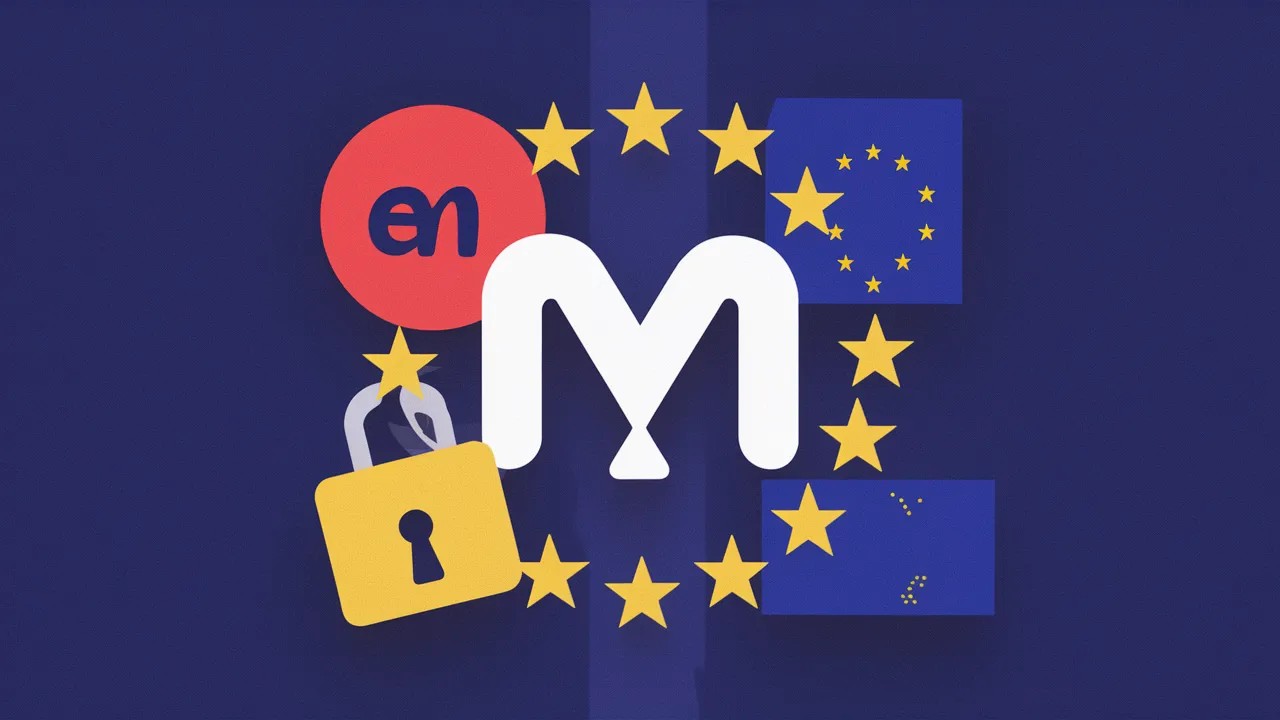
Meta Faces Hurdles Deploying Generative AI Models in Europe
In a significant setback, Meta has been forced to delay the rollout of its suite of generative AI features and experiences, dubbed "Meta AI", within the European Economic Area. The company's plans to collect and reuse personal data from Facebook and Instagram users to power these AI services did not pass muster with the Irish Data Protection Commission (DPC).
"We are deeply disappointed," wrote Stefano Fratta, Meta's global advocacy director for privacy policy, "especially since we incorporated regulatory feedback and DPAs across Europe have been informed since March." The DPC, for its part, welcomed Meta's decision to suspend the launch, calling it the result of "deep engagement" with the company and other data protection authorities.
Navigating the GDPR Minefield
Meta's generative AI offerings, including its large language model Llama and a ChatGPT rival called Meta AI, require collecting and repurposing users' personal data from its social media platforms. Under the EU's General Data Protection Regulation (GDPR), the company needed to inform users about this data processing.
Meta began this process on May 22 by notifying adult users via email or directly on Facebook and Instagram that starting June 26, it would be collecting publicly available data to "develop and enhance AI technology". The new privacy policy detailed the data in scope: user-generated content, messages to businesses and professional accounts, as well as the content and metadata of those messages.
Relying on Legitimate Interest
To justify this data processing, Meta invoked the GDPR's "legitimate interest" basis, arguing it struck "the most appropriate balance for processing the public data needed to train AI models, while respecting individuals' rights." However, privacy advocacy group noyb challenged this approach, lodging complaints with data protection authorities in 11 European countries. It contended Meta had no legitimate interest or "any other legal basis" to process "such vast amounts of personal data for entirely unspecified purposes."
The Road Ahead
Despite this hurdle, Meta remains committed to working with the DPC to ensure "European citizens can access the same level of AI innovation as the rest of the world." The company faces some tough choices ahead:
- Switch to relying on user consent rather than legitimate interest, with the risk many may opt out
- Reduce the scope of data collection, potentially impacting the performance of its AI models
- Simplify the process for users to object to the new privacy policy and data usage
Meta insists that without incorporating local data, it can only offer Europeans a "second-class experience" as its AI models won't accurately understand regional languages, cultures, or current affairs on social media. Yet with regulators pushing back, the company may need to make concessions to its data-hungry vision for AI.
Without including local data, we could only offer people a second-class experience.
– Meta global advocacy director Stefano Fratta
As one of the world's tech titans, Meta is unlikely to abandon the crucial European market. But the clash with data protection watchdogs underscores the challenges that lie ahead as it seeks to weave generative AI into the fabric of its services. In an era of heightened privacy awareness and tighter regulations, even the mightiest must learn to compromise.









